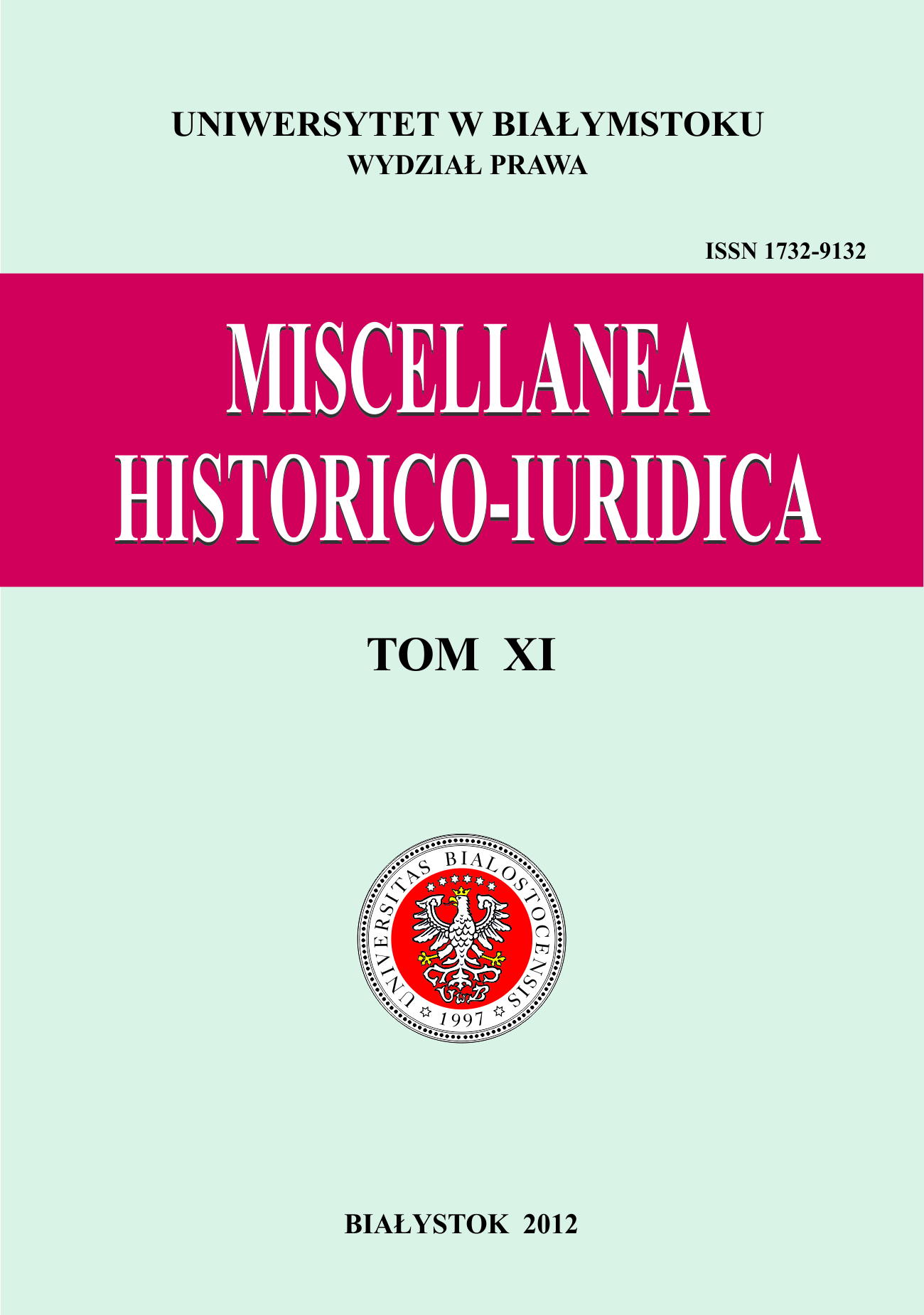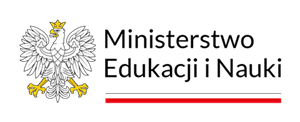Wykroczenia drogowe w praktyce orzecznictwa karno-administracyjnego okresu gomułkowskiego
Słowa kluczowe:
Petty offences, fines, People’s Poland, drunk driversAbstrakt
The boards judging petty offences were established in December 1951. They were – from the beginning – entitled to judge traffic petty offences cases (petty offences against the security in traffic). In the first half of the 50’s the Boards were acting in a very simple way, by deciding cases about low-level fines (tickets) or about warnings. These minor punishments were not adequate to the decreasing safety on the roads and to the increasing number of cars. In 1956, Władysław Gomułka became the leader of the Communist Party and it was decided to change the policy in traffic petty offences cases by making the punishments more severe. The police started to give tickets more often and the boards were concentrating on punishing drunk drivers. However, the act against drunk drivers was antiquated and thus not adequate to the new situation. In 1959, the so called Anti-alcohol Act was passed and drunk driver cases were transferred to the courts. The Boards lost their importance in traffic petty offences cases, because the Police were giving tickets from one side and the courts were sentencing drunk drivers from the other side. In the 60’s the phenomenon of „road hooligans” emerged and a new act, called „the Road Code”, was passed. It gave new measures consistent with a stronger policy against traffic petty offences. The Boards played the most important role in this policy. The fines were increased three times, and the Boards could retain the drivers’ licenses for some time. The biggest part of the Boards’ jurisdiction was then concentrated on traffic petty offences, especially these connected with alcohol.







